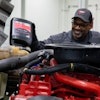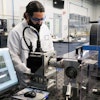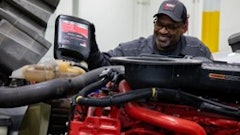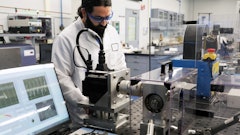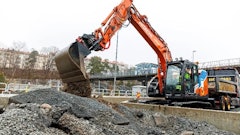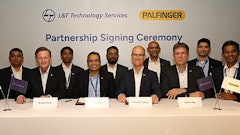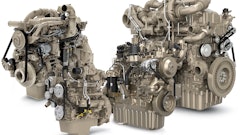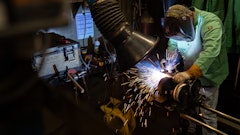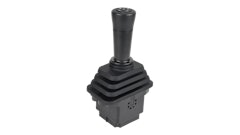Today's global marketplace is often recognized as a way to find cheap labor (which brings up discussions of job losses somewhere) and competitive prices (risking shipping delays and reliability issues). But there are positive aspects to the shrinking world we're living in.
Globalization increases the number of resources engineers and other decision makers have at their disposal. These resources can be in the form of dependable, innovative suppliers or simply a better way to create an assembly process. These worldwide resources help diversify the off-highway equipment industry.
While the engineering base and growth potential of India and China get the lion's share of attention, other regions vying for the spotlight should not be overlooked.
For example, the strides being made in Spain may benefit a company in the United States (which the Mustang and AUSA relationship illustrates in this issue's cover story).
Meanwhile, a giant loader manufactured for a specific purpose gets shipped from a factory in Canada. A number of the TLD loaders will be disassembled and sent to different points where they will help load components destined for assembly at Boeing's facility in Washington. Think of the international cooperation required to build the Dreamliner's components in factories around the world and ultimately have them fit together when assembled by Boeing.
Communication is vital to making the best use of the worldwide marketplace. Fortunately, sharing information and best practices have never been easier. Not too long ago, it was a complicated process for employees to travel overseas on business. Today, getting it past the boss can be as easy as it would be to get the green light to drive a few hours to a trade show.
Or, with the proper software and a good Internet connection, travel is not even necessary. Work can be done in real time, with engineering staffs separated not by aisles, but oceans. Software technology, such as that offered by VEST Inc. help take the time and distance out of a project.
